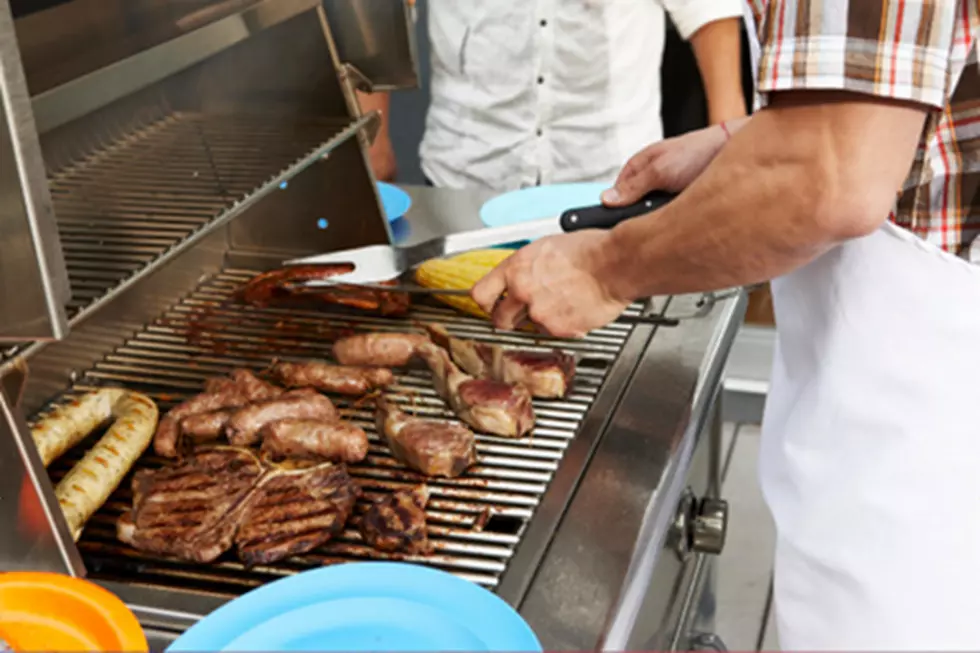
Can Barbecuing Meats Increase the Risk of Cancer?
It's barbecuing season in the Gallatin Valley! Have you fired up the grill yet this season? We talk about how to safely shop, prepare and cook your raw meats to avoid food born illness. Some studies have even suggested grilling food can be a cancer risk. Inside we talk about how to use the proper techniques along with moderation to eliminate this risk.
Shopping
- Put Raw Meats in plastic bags to avoid contaminating other foods in cart
- Separate raw meats from other items in cart
- Buy raw meats last
Storing Meat
- Place meat in refrigerator or freezer immediately after purchasing
- Freeze raw Poultry or ground beef within 1 or 2 days, other meat within 4 - 5 days
Thaw Your Meat
- Thaw completely for even cooking to avoid under-cooked portions of meat
- Use a refrigerator to thaw overnight, or run COLD water over sealed packages of meat for a quicker thaw
- Use microwave defrost only if you will be placing it immediately on a hot grille
Marinating
- Marinate in the refrigerator and not on the counter
- Poultry and stew meat can be marinated for up to 2 days
- Beef, veal, pork, and lamb chops, roasts, and steaks can be marinated for up to 5 days
- Set aside a portion of marinade before adding to meat if wanting to add marinade during cooking
Cooking Temperatures
- Whole poultry: internal temperature of 165 F
- Poultry breasts: internal temperature of 165 F
- Ground poultry: internal temperature of 165 F
- Ground meats: internal temperature of 160 F
- Beef, pork, lamb, and veal steaks, roasts and chops: internal temperature of 145 F and let sit 3 minutes
- Never partially grill meat or poultry to finish later
Keep it Hot
- Keep food at 140 F or warmer until served
- Cooked food should not sit out for more than 2 hours. 1 hour if temperatures are above 90 F
Cancer Risk to Grilling?
- Some studies suggest that cooking food using high-heat techniques such as grilling, frying and broiling has a cancer risk (www.fsis.usda.gov/fact_sheets/Barbecue_Food_Safety/index.asp)
- Research into the above has found that eating moderate amounts of high-heat cooked meat without charring does not pose a problem (www.fsis.usda.gov/fact_sheets/Barbecue_Food_Safety/index.asp)
- Remove fat from meat to prevent grease flare ups that can cause charring
- Precook meat in the microwave to release juices that may cause flare ups while grilling
- Move charcoals out from directly underneath the cooking meat
- If meat becomes charred, cut charred portions off before eating
[via fsis.usda.gov]


![Bring Some Texas Brisket BBQ To Your Bozeman Weekend [VIDEO]](http://townsquare.media/site/13/files/2013/05/hqdefault33.jpg?w=980&q=75)
![Proper Way To Grill A Hot Dog This Fourth Of July [VIDEO]](http://townsquare.media/site/13/files/2012/06/hqdefault37.jpg?w=980&q=75)

